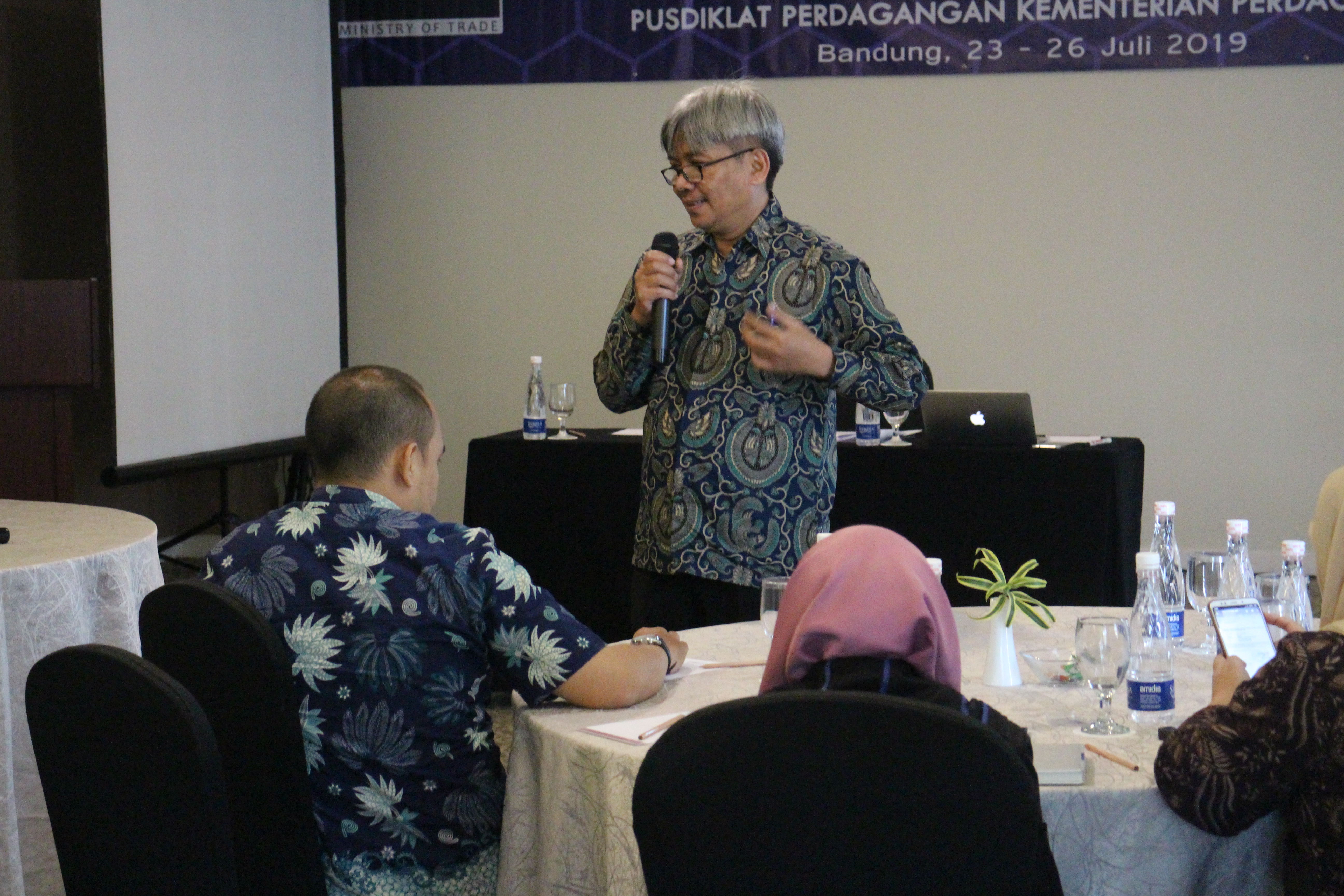U. Sujatmaka
ASEAN Institute of Applied Learning, Jakarta, Indonesia
A. Voak
Deakin University, Melbourne, Australia
B. Fairman
Deakin University, Melbourne, Australia
ABSTRACT: Whilst we acknowledge that many organisations across Asia use Training Needs Assessments (TNAs), also known as Training Needs Analysis, to determine their human resource development requirements in conjunction with training schemes in their workforce, it is observed that this activity occurs with mixed results. It will be argued in this paper that these Needs Assessments, which are conducted in a diverse array of organisational environments in Indonesia, are often employed to further individual rather than institutional goals. In this article, TNAs are examined for their innate potential for making contributions to an organisation in order to provide sound directions for training interventions in Indonesia.
Keywords: Training Needs Assessments; Human Capability Development; Human Resource Development; Organisational Change; Workforce Development; Training Needs Analysis.
INTRODUCTION
This paper focuses on the challenges and benefits of undertaking an applied learning approach to human resource development, with an emphasis placed on the practical issues faced by Australian, as well as local educational developers, when deploying training needs analysis (TNA) tools and methodologies in an Indonesian context. The Australian and Indonesian authors’ experiences in analysing workforce development needs for both the Indonesian government and private sectors, will largely shape the discussion. The aim of this analysis is to explore the relevance of detailed training needs assessment in aiding workforce development in Indonesia, and to uncover any unforeseen cultural biases or issues that could potentially emerge. In this latter respect, TNA tools are often developed in an Australian or Western influenced context, and we must ensure that hidden cultural biases do not hinder the application of these otherwise important instruments.
As an entrée to this discussion, the paper will focus upon an examination of an appropriate starting point for conducting and designing a training needs analysis in an Indonesian training context. It will consider the underlying requirements which determine the most relevant TNA tools and methods which might apply in circumstances appropriate for Government agencies (local and national) and Industry sectors. Whilst these requirements may vary according to the targeted audiences, the similarities and differences in these targeted audiences will help to shape the approach employed, and to avoid any unintended cultural biases which may tend to arise. This paper also reports the results of four TNA pilot investigations which have previously been conducted for Indonesian government instrumentalities. These are TNA approaches for a National Government Body, both District and Provisional governments; a number of local government agencies; and for industry engagements with school curricula. These case studies reveal some of the practical difficulties in articulating client needs across government entities in Indonesia, and they explore, in some depth, the relevance of detailed training needs assessments for the workforce and their subsequent impact upon human resource development needs

